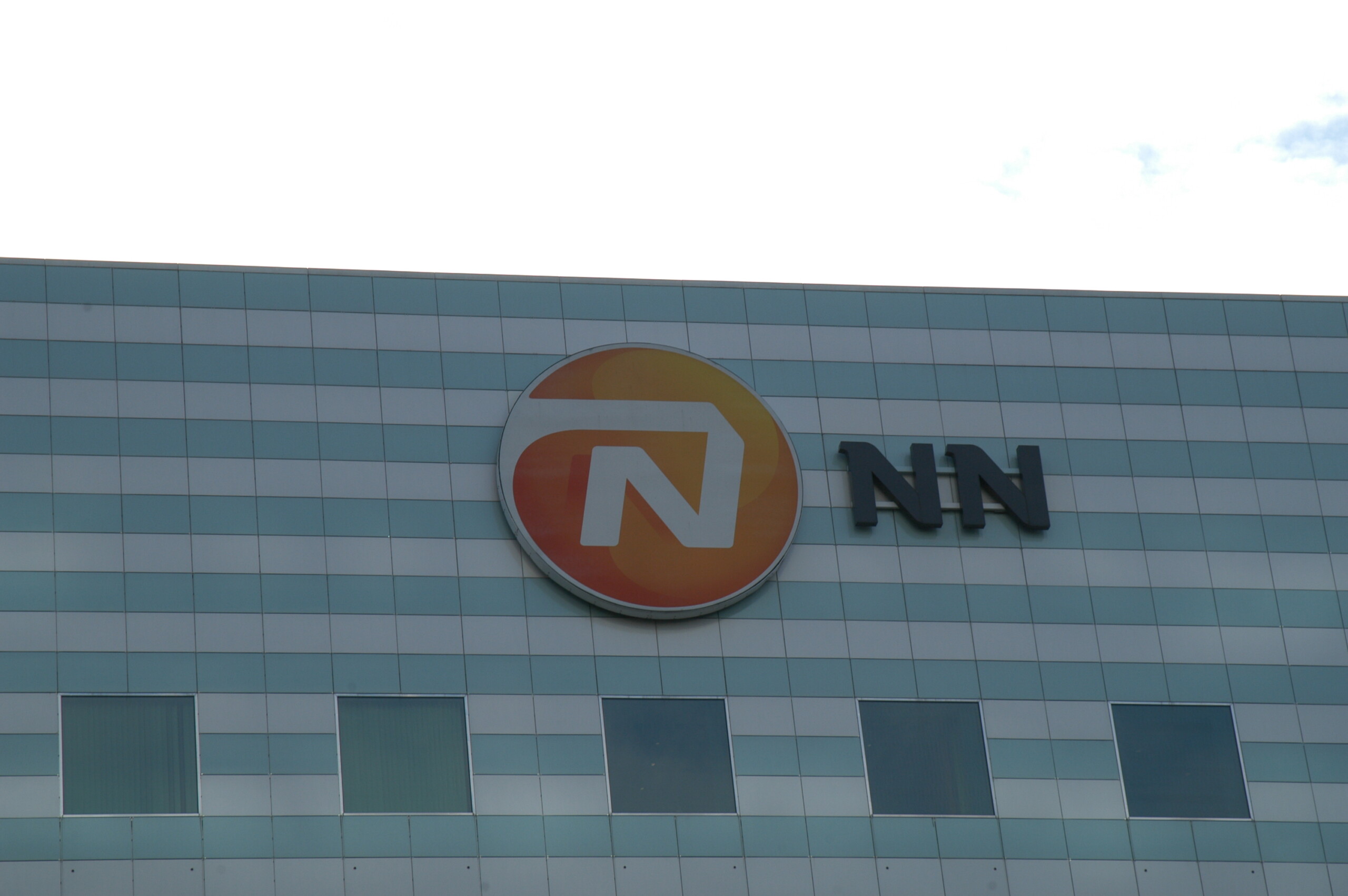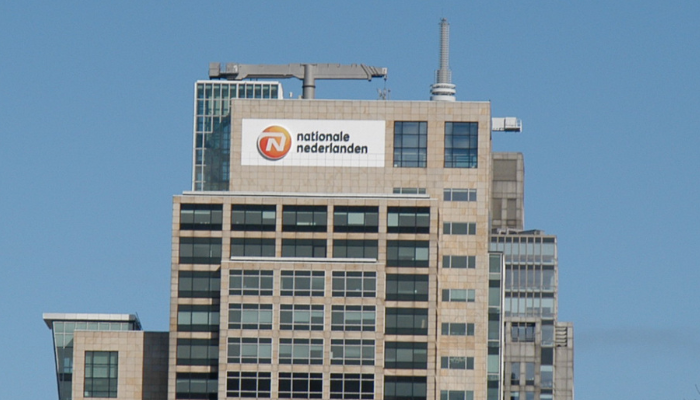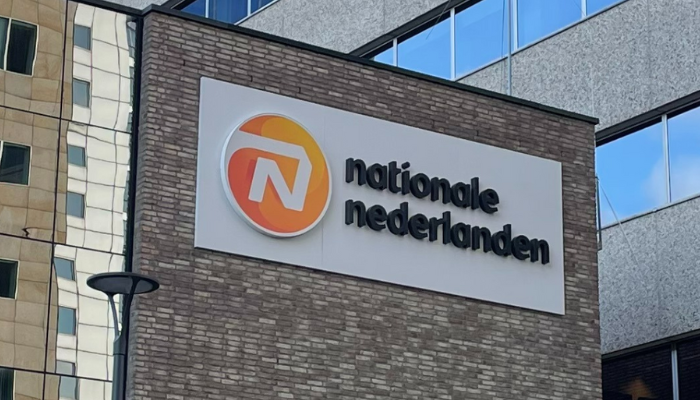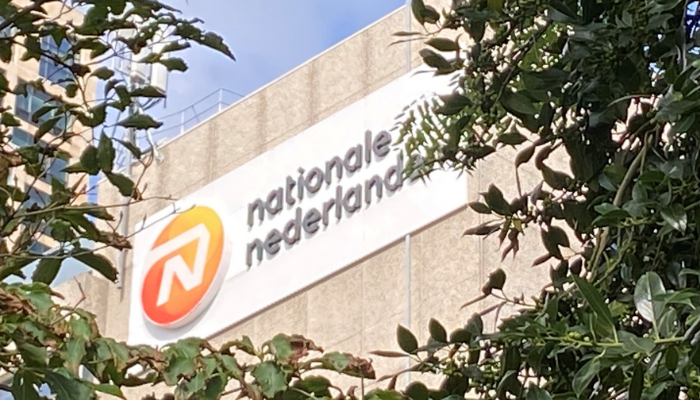
We are in discussion with NN Group about your pension scheme. The current pension scheme leads to dissatisfaction among employees. We receive complaints about the accrual discount and about missing indexation. Moreover, this arrangement is not future-proof. Because the pension scheme ends on September 30, 2022, the parties to the collective labor agreement are looking for alternatives.
Always up to date on developments at NN?
Future Pensions Act
The new pension law (Wet Toekomst Pensioenen) will probably apply from 1 January 2023. In this law, the current CDC arrangement (after the transition period until January 1, 2027) will no longer be allowed. We must switch to a pension scheme based on a defined contribution scheme by 1 January 2027 at the latest, but earlier is also allowed. An alternative is an insured pension scheme, but this is an extremely expensive option due to the low interest rate.
An intermediate step is necessary
Although the new legislation is to come into effect from January 1, 2023, the legislation is not yet ready. The parties to the collective labor agreement therefore assume that we need an intermediate step for a short period (2 or 3 years). Trade unions on the one hand and NN Group on the other are in discussion about this. We are working on a pension scheme that is in line with the new legislation as much as possible. The parties to the collective labor agreement have agreed to make a final decision at the end of March. Then we choose between a new pension scheme as an intermediate step or continue with the current pension scheme.
Always up to date on developments at NN?
The Pension Survey
A pension survey was recently conducted among the employees of NN Group. This survey is a preparation for the next step in the pension consultation. The survey therefore examines the situation when the Future Pensions Act has come into force. Then we have to choose a defined contribution scheme. The law has two versions: the flexible contract or the solidary contract. Both schemes are very similar. The solidary contract has a joint pension pot and more options to share risks with the other participants in the pension scheme. In the flexible contract, your own pension pot is more of your own. But you can opt for some forms of risk sharing. The survey questions specifically address the distinguishing aspects that characterize both schemes.
The result is representative but not unambiguous
The results of the survey do not unequivocally point to one of the two pension contracts.
Approximately 1800 NN employees completed the survey. This is a representative number. Relatively speaking, there were slightly more employees of Pensioen & Leven who took part, this was to be expected, they are the most familiar with the subject. Both the age distribution and the distribution over the departments correspond to the distribution of the total company. We can therefore certainly include the survey results as a guideline in our considerations. However, because such a diverse picture emerges, more research is needed. Before the parties to the collective labor agreement take a final decision on a solidary or flexible contract, we need to know better what the employees find important.
The results of the survey:
- Do you think it is important to receive advice or do you want to make your own choices about your investment portfolio?
65% of employees want expert advice on investment decisions. Fortunately, both contracts provide for that. However, only the flexible contract offers the space for employees who want to make their own choices. - Do you want to share the investment risk?
60% of employees indicate it is important to be able to share investment risks. This indicates a slight preference for the solidary contract. - Do you want to keep a buffer?
In the pension scheme you can use various instruments to counteract fluctuations in benefits. One of these instruments is to maintain a buffer, as the pension fund now does; 78% of employees indicate that they want to maintain a buffer. This points to the solidary contract. - Do you want your pension benefit to be fixed or is it acceptable that your pension benefit can vary?
90% want to be sure of their pension benefits. This is a clear indication of the flexible contract. If you take questions three and four together, the conclusion is that employees consider security important. That makes sense because once you retire, you have few options to supplement a disappointing pension. The solidary contract and the flexible contract both have an instrument to guarantee security. - Do you want to decide for yourself with which provider you keep your capital after your retirement (shop right)?
71% of employees consider the right to shop important. Shop right does not fit into the solidary contract but into a flexible contract.
The choice between solidary and flexible contract is not yet on the agenda because we are still working on the interim solution. In the next pension newsletter from De Unie I will tell you more about this interim solution.
Always up to date on developments at NN?
Contact
Do you have questions about this message? Or do you have information that you De Unie want to share? Please contact the representative Inge de Vries. This can be done by sending an email to: inge.de.vries@unie.nl or call me on telephone number: 06-5252 2091.
[print_link]



